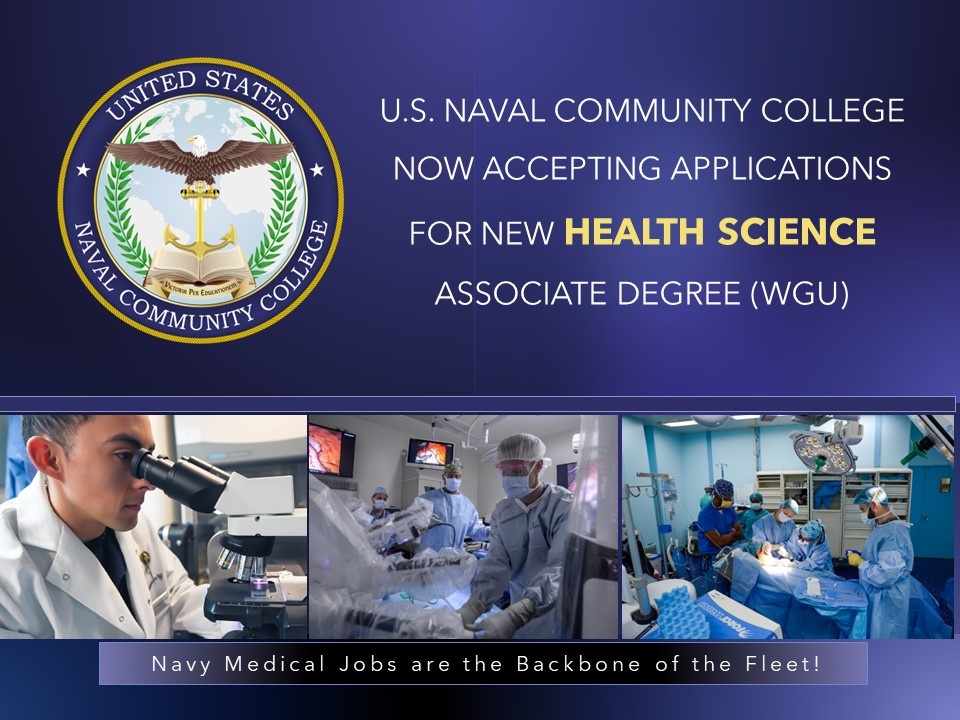Have you ever wondered how medical science started? The journey of medical science is long and fascinating. Let's explore how it all began.
Credit: www.jbsa.mil
The Dawn of Medical Science
Medical science began thousands of years ago. Ancient people looked for ways to heal their sick friends and family.
Ancient Practices
In ancient times, people used herbs and plants to treat illnesses. They believed that nature held the key to healing.
Egyptians: They were among the first to write about medicine. They used honey and moldy bread to treat wounds.
Greeks: Famous for their philosophers, they also made strides in medicine. Hippocrates is known as the "Father of Medicine".
Chinese: They used herbs and acupuncture. They believed in balancing the body's energy.
Spiritual Beliefs
Many ancient people thought illnesses were caused by evil spirits. They used rituals and prayers to heal the sick.

Credit: www.dvidshub.net
The Middle Ages
During the Middle Ages, medical science was still developing. People relied on a mix of old and new ideas.
Medieval Practices
Doctors used bloodletting to treat illnesses. They believed it helped balance the body's fluids.
Barber Surgeons: Barbers did more than cut hair. They also performed surgeries.
Herbal Remedies: People still used herbs to treat sickness. Herbalists were very important.
Religious Influence
Religion played a big role in medicine. Monks and nuns cared for the sick in monasteries.
The Renaissance
The Renaissance was a time of great change. Medical science made big leaps forward.
New Discoveries
Scientists began to study the human body more closely. They made many important discoveries.
Andreas Vesalius: He wrote a famous book on human anatomy. It was called "De Humani Corporis Fabrica".
William Harvey: He discovered how blood circulates through the body. This was a huge breakthrough.
Better Tools
During the Renaissance, new tools were invented. These tools helped doctors study the body more effectively.
Microscope: Invented by Antonie van Leeuwenhoek. It allowed scientists to see tiny organisms.
Surgical Instruments: Improved tools made surgeries safer and more effective.
The Modern Era
In the modern era, medical science has advanced rapidly. New technologies and discoveries have saved millions of lives.
Vaccines
Vaccines have played a huge role in modern medicine. They help prevent many serious diseases.
Edward Jenner: He created the first smallpox vaccine. This was a major milestone.
Louis Pasteur: He developed vaccines for rabies and anthrax.
Antibiotics
Antibiotics have revolutionized medicine. They help fight bacterial infections.
Alexander Fleming: He discovered penicillin. This was the first antibiotic.
Modern Technology
Today, we have advanced medical technology. These tools help doctors diagnose and treat diseases more effectively.
Imaging Machines: X-rays, MRIs, and CT scans help doctors see inside the body.
Robotic Surgery: Robots assist in surgeries, making them more precise.
https://www.youtube.com/watch?v=7k_B6vQLbJY
The Future of Medical Science
The future of medical science looks bright. Scientists are always making new discoveries.
Genetic Research
Genetic research is unlocking new ways to treat diseases. It may help us cure genetic disorders.
Artificial Intelligence
Artificial intelligence is being used in medicine. It helps doctors make better decisions.
Telemedicine
Telemedicine allows doctors to treat patients remotely. This is especially helpful in rural areas.
Frequently Asked Questions
What Is The Origin Of Medical Science?
Medical science began in ancient civilizations through herbal remedies and early surgical techniques.
Who Were Early Pioneers In Medicine?
Hippocrates and Galen were among the early pioneers in medicine.
How Did Ancient Egyptians Contribute?
Ancient Egyptians used herbal medicine and performed early surgical procedures.
What Role Did Ancient Greeks Play?
Ancient Greeks introduced the concept of rational medicine and clinical observation.
Conclusion
Medical science has come a long way. From ancient herbs to modern technology, it has always aimed to heal. The journey is far from over. The future holds many exciting possibilities.


0 Comments